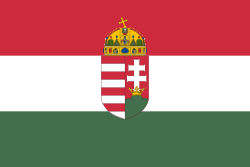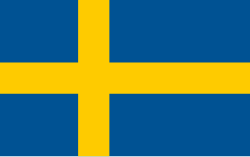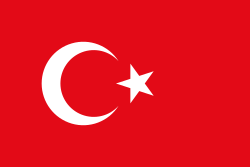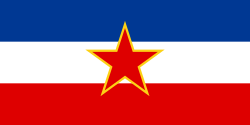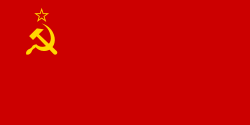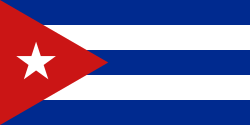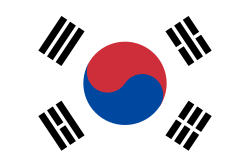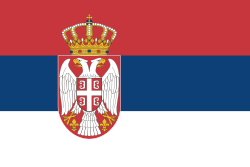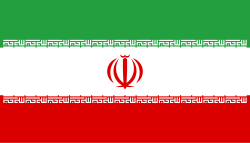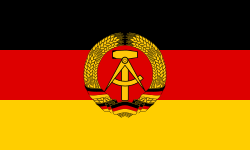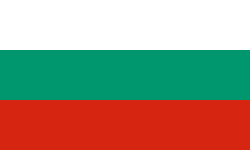Attila Repka
| Attila Repka | |
|---|---|
| Narození | 10. ledna 1968 (55 let) Miskolc |
| Povolání | zápasník a politik |
| Politická strana | Fidesz – Maďarská občanská unie |
| Některá data mohou pocházet z datové položky. Chybí svobodný obrázek. | |
| Přehled medailí | ||
|---|---|---|
| zlato | LOH 1992 | řecko-římský do 68 kg |
| Mistrovství světa v zápasu řecko-římském | ||
| bronz | MS 1990 | lehká váha |
| stříbro | MS 1995 | lehká váha |
| Mistrovství Evropy v zápasu řecko-římském | ||
| zlato | ME 1988 | lehká váha |
| zlato | ME 1989 | lehká váha |
| bronz | ME 1991 | lehká váha |
| stříbro | ME 1992 | lehká váha |
| zlato | ME 1994 | lehká váha |
| zlato | ME 1996 | lehká váha |
Attila Repka (* 10. ledna 1968 Miskolc, Maďarsko) je maďarský zápasník, bývalý reprezentant, později trenér řecko-římského zápasu.
Třikrát startoval na olympijských hrách. V roce 1992 na hrách v Barceloně vybojoval v kategorii do 68 kg zlatou medaili. V roce 1990 vybojoval bronzovou a v roce 1995 stříbrnou medaili na mistrovství světa. V roce 1988, 1989, 1994 a 1996 vybojoval zlatou, v roce 1992 stříbrnou a v roce 1991 bronzovou medaili na mistrovství Evropy. Od roku 2006 zastává pozici trenéra maďarské reprezentace v zápase řecko-římském. Od devadesátých let 20. století se také angažuje v politice.
Externí odkazy
- Attila Repka v databázi Olympedia (anglicky)
Média použitá na této stránce
Olympic Rings without "rims" (gaps between the rings), As used, eg. in the logos of the 2008 and 2016 Olympics. The colour scheme applied here was specified in 2023 guidelines.
Olympic Rings without "rims" (gaps between the rings), As used, eg. in the logos of the 2008 and 2016 Olympics. The colour scheme applied here was specified in 2023 guidelines.
Autor: F l a n k e r, Licence: CC BY-SA 2.5
Flag of the Kingdom of Sardinia (1851-1861) and of the Kingdom of Italy (1861-1946). Use: Civil flag and ensign. In a governmental or a military context, the crowned version (see Crowned version) was always used (as State flag and naval ensign).
Autor: F l a n k e r, Licence: CC BY-SA 2.5
Flag of the Kingdom of Sardinia (1851-1861) and of the Kingdom of Italy (1861-1946). Use: Civil flag and ensign. In a governmental or a military context, the crowned version (see Crowned version) was always used (as State flag and naval ensign).
Finská vlajka
Flag of Hungary, from 6 November 1915 to 29 November 1918 and from August 1919 until mid/late 1946.
this is the flag of the Soviet Union in 1936. It was later replaced by File:Flag of the Soviet Union (1955-1980).svg.
(c) I, Cmapm, CC BY-SA 3.0
The flag of the Soviet Union (1955-1991) using a darker shade of red.
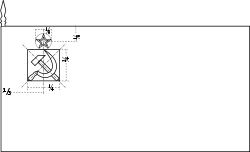
(c) I, Cmapm, CC BY-SA 3.0
The flag of the Soviet Union (1955-1991) using a darker shade of red.

Variant version of a flag of Japan, used between January 27, 1870 and August 13, 1999 (aspect ratio 7:10).
Flag of Romania, (21 August 1965 - 22 December 1989/officialy 27 December 1989).

Construction sheet of the Flag of Romania as depicted in Decree nr. 972 from 5 November 1968.
- l = 2/3 × L
- C = 1/3 × L
- S = 2/5 × l
Flag of Romania, (21 August 1965 - 22 December 1989/officialy 27 December 1989).

Construction sheet of the Flag of Romania as depicted in Decree nr. 972 from 5 November 1968.
- l = 2/3 × L
- C = 1/3 × L
- S = 2/5 × l
Flag of the Socialist Federal Republic of Yugoslavia (1946-1992).
The design (blazon) is defined in Article 4 of the Constitution for the Republic of Yugoslavia (1946). [1]
Flag of the Socialist Federal Republic of Yugoslavia (1946-1992).
The design (blazon) is defined in Article 4 of the Constitution for the Republic of Yugoslavia (1946). [1]
Flag of Iran. The tricolor flag was introduced in 1906, but after the Islamic Revolution of 1979 the Arabic words 'Allahu akbar' ('God is great'), written in the Kufic script of the Qur'an and repeated 22 times, were added to the red and green strips where they border the white central strip and in the middle is the emblem of Iran (which is a stylized Persian alphabet of the Arabic word Allah ("God")).
The official ISIRI standard (translation at FotW) gives two slightly different methods of construction for the flag: a compass-and-straightedge construction used for File:Flag of Iran (official).svg, and a "simplified" construction sheet with rational numbers used for this file.
Georgian flag in Pantone MS.




